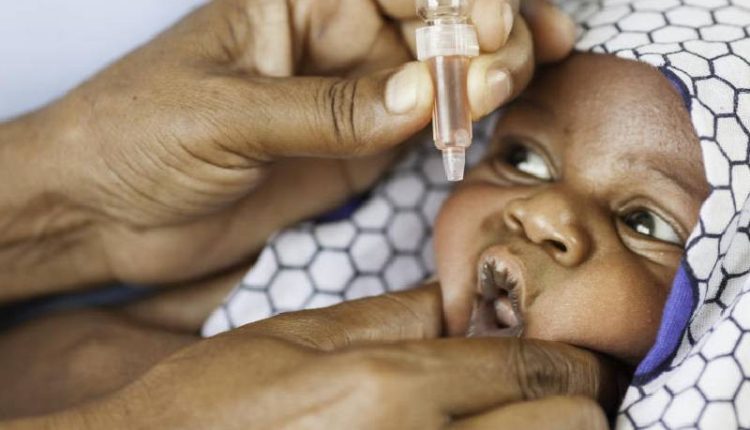Health professionals and policymakers are raising serious concerns about the future of Ghana’s healthcare system, particularly in the northern regions, following the withdrawal of donor agencies from the sector. The latest exit of the United States Agency for International Development (USAID) has reignited calls for establishing a dedicated public health fund to sustain essential healthcare services nationwide.
For years, Ghana has heavily relied on donor support to finance key health initiatives, including maternal and child healthcare, disease prevention programs, and rural healthcare delivery. However, shifting global funding priorities have led to a gradual pullout of international donors, creating significant gaps in healthcare financing. The situation is particularly dire in underserved communities in the Northern Region, where donor-funded programs have been instrumental in providing essential medical services.
A Nurse in Charge at the Janjori-Kukuo Health Center in the Nanton District of the Northern Region, Ahmed Umar, has highlighted the negative impact of USAID’s withdrawal on healthcare delivery. “USAID has been supporting our immunization programs, maternal healthcare, and medical supplies. With their withdrawal, we are already seeing shortages, and this is affecting service delivery, especially in rural communities,” he lamented.
His concerns were echoed by Veronica Tuurosung, a midwife at Jolinyiri CHPS compound in the Daffiama-Issa-Busie District of the Upper West Region. She warned that the USAID’s withdrawal could lead to an increase in the spread of infectious diseases. “TB and HIV programs are heavily funded by the agency. They also fund medications for children under five, so their withdrawal is a huge blow to the Ghana health sector, especially in underserved communities,” she stated.
Health advocates argue that the withdrawal of donors from the health sector presents a major setback for healthcare delivery in Ghana, particularly in the northern regions where government support alone is insufficient. Many experts believe that a sustainable, locally driven health financing mechanism is urgently needed to safeguard the progress made in healthcare delivery.
Against this backdrop, health advocates are calling on the government to establish a dedicated public health fund as a long-term solution to Ghana’s healthcare financing challenges. The National Health Security Plan, which aims to strengthen Ghana’s resilience against health crises, has been cited as a key framework that should guide the establishment of such a fund.
Stakeholders are also urging President John Dramani Mahama not to scrap the COVID-19 Health Levy. Instead, they believe the levy should be repurposed to fund the public health sector. The COVID-19 Levy, introduced during the pandemic, was initially intended to support the country’s health response efforts. However, its long-term sustainability has been a matter of debate. Health professionals argue that transforming the levy into a public health emergency fund would be instrumental in the fight against infectious diseases and other public health emergencies.
A policy analyst at the Center for Development and Policy Advocacy, Ziblim Alhassan Bonzali, added his voice to the call for a dedicated health fund. He argues that if properly managed, the COVID-19 Levy could serve as the foundation for a permanent public health fund. “If we repurpose the COVID-19 Levy into a permanent public health fund, we can reduce our dependence on foreign aid and build a more resilient healthcare system,” he stated. A health economist, who preferred to remain anonymous, echoed similar sentiments, emphasizing the need for self-reliance in healthcare financing.
With donor support continuing to dwindle, the urgency of implementing a self-reliant health financing strategy has become more pronounced. The government is now being called upon to act swiftly to ensure that the gains made in healthcare delivery over the years are not eroded, particularly in vulnerable communities in northern Ghana.
Source: Ibrahim Angaangmeni Alhassan/zaaghana.com


